Easy enough to say, but what does that mean exactly? I’d argue it means bursting out of your shell. Doing the hardest thing you can think of. Growing. That’s what I tried to do when I decided to create a family. In that forever weird (and impossible to fully delineate), evolving space between being an emerging artist and a mid-career artist, I became a mother.
When I found out I was pregnant, I was scheduled to do a semester-long artistic residency at Denison College in Ohio—a gig I took mainly so I could work on a student production of Malvolio, my sequel to Twelfth Night. Working within the university system was the only way I could find resources to develop that, not unambitious, script. At the time, it seemed that it was mainly white dudes who were afforded the opportunity to write sequels and prequels to classics that got the developmental support and splashy Broadway premieres. I found little enthusiasm for a woman of color like myself daring to engage with classical material and themes.
In those years, I hated leaving my home in New York for more than a month. But, I gladly took that gig in Ohio when I realized I would be writing for two. It meant less people I knew in theatre would see me pregnant, waddling up the subway stairs. Why the urge to hide? I think it’s because I wasn’t just becoming a parent. I was becoming a mother.
When I was a student, there seemed to be only male playwrights who gained iconic status. You had Eugene O’Neill, Tennessee Williams, and Arthur Miller. The living playwrights who were poised to take their place were Tony Kushner and August Wilson. At that time, there were no models for women playwrights whose work was supported throughout the ups and downs of their careers—and certainly not to the extent that those men seemed to be. The men were allowed to fail and get a crack at the bat again in a way that didn’t seem true for women artists of their generations.
In graduate school, I felt that the most successful women in the years ahead of me were those who had mastered the art of masking their true selves. Only amongst friends did these women talk nakedly about their belief that they had it in them to write a seminal work of American theatre or how they hide their politics in their plays to make them more palatable for wider audiences. I watched how they played it safe in their plays and in public arenas, leading them to get more opportunities than their more bombastic counterparts.
The savviest female artists I know can manage the trapeze act of seeming humble while simultaneously selling themselves as geniuses. Make no mistake—that’s what people are looking for when they bet on your horse by producing your play. No one is gonna put a half a million bucks into a project that inauspiciously begins with you writing in your pajamas in your bedroom, unless you can convince them your work has some secret sauce. That you have the potential to eventually make an indelible mark on American theatre. That you’re one of the big boys. To me, nothing highlighted my gender, which I saw as a career liability, as much as bearing a baby.
I wondered, Am I the only one who feels that the public persona I present—the family I can show or hide from the world—affects how I am perceived, which will have consequences for my life and my career?
So, I hid the birth of my child. That sounds a bit dramatic. In reality, I basically didn’t post about my pregnancy or the birth on Facebook. I would only mention that I had become a mom to the people I encountered in real time, which usually meant I was working on a project with them. I’m a confessional writer, so not oversharing doesn’t come naturally to me. I told myself I was being professional, which is code for masking the parts of yourself that might induce shame or garner you disdain from people you fear might have power over you and your career.
I’m, of course, not capable of judging how being a female playwright affects my career vis-à-vis my male counterparts, but I know intimately how gender dynamics work when it comes to directors. I believe I have collaborated with some of the best living American theatre directors working today. The women, who are often immensely talented, are not in the same stratosphere professionally as the men—not in terms of having the ability to keep getting a crack at the bat if they don’t knock it out of the park with every project.
To reach your full potential as an artist, you have to have the opportunity to fail greatly and learn from it, grow, and work again. I saw these brilliant female directors never become the “anointed” one in that way, and it meant they worked less. While I delight in seeing them making inroads in our field in ways women have never done before, I mourn for the artists they might have been if they were afforded the same chances.
I didn’t look like the master playwrights I studied who had the opportunity to develop over the span of a lifelong career—especially with an infant now strapped to my chest. So, I couldn’t see the possibility of a career like the one I dreamed of happening for women like me. I wondered, Am I the only one who feels that the public persona I present—the family I can show or hide from the world—affects how I am perceived, which will have consequences for my life and my career? Is this a problem particular to women artists? Then, I remembered I once read of another playwright who obviously struggled with those same questions.
Arthur Miller was born on my birthday. He’s about as different from me on the surface as you can get. He was a tall Jewish man. I’m a petite Palestinian woman. Incidentally, Rita Hayworth was also born on that day, too. I think, if they had a love child, it might look like me. But, I digress.

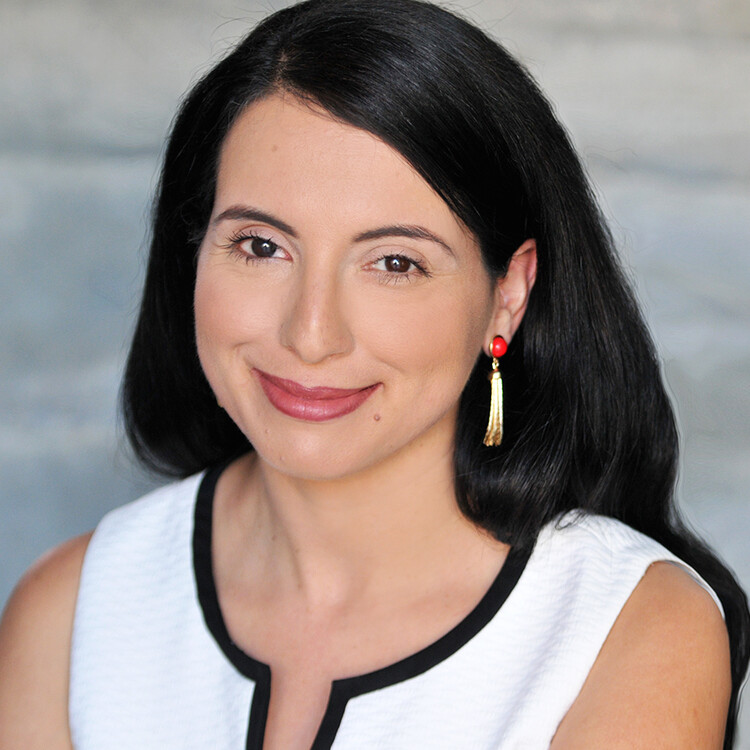
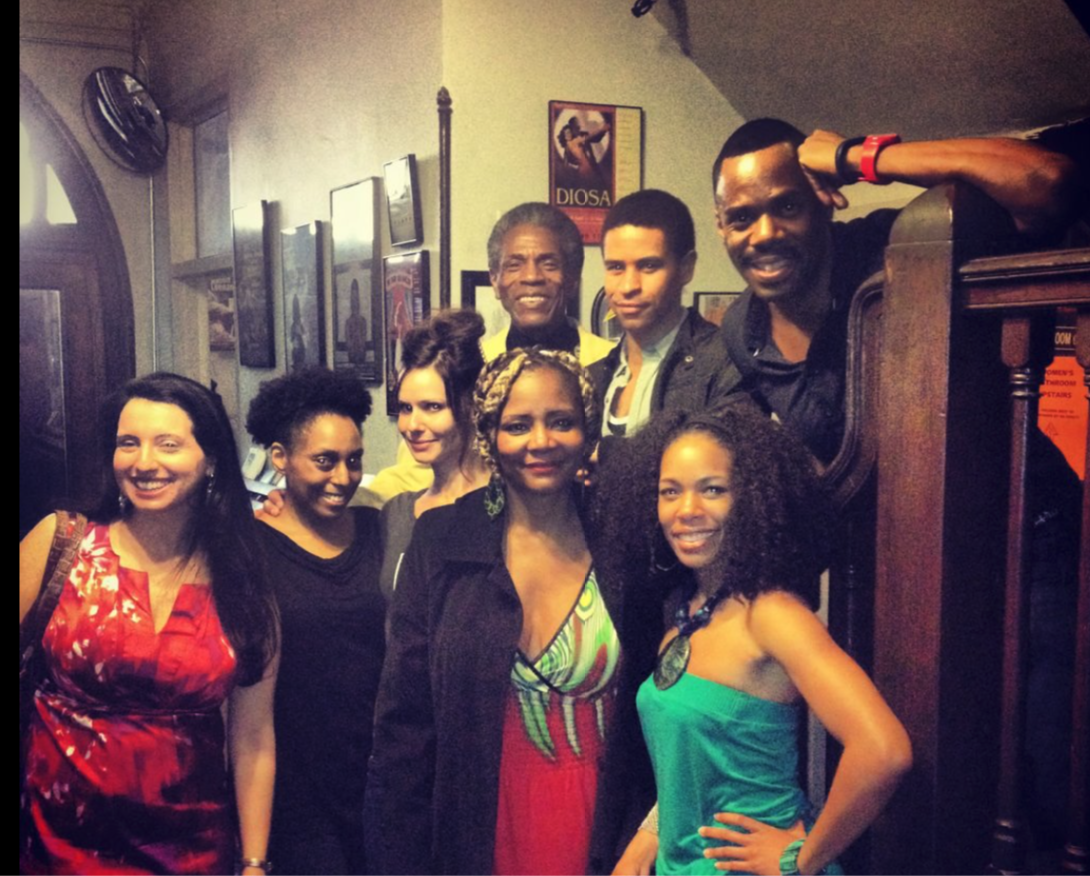
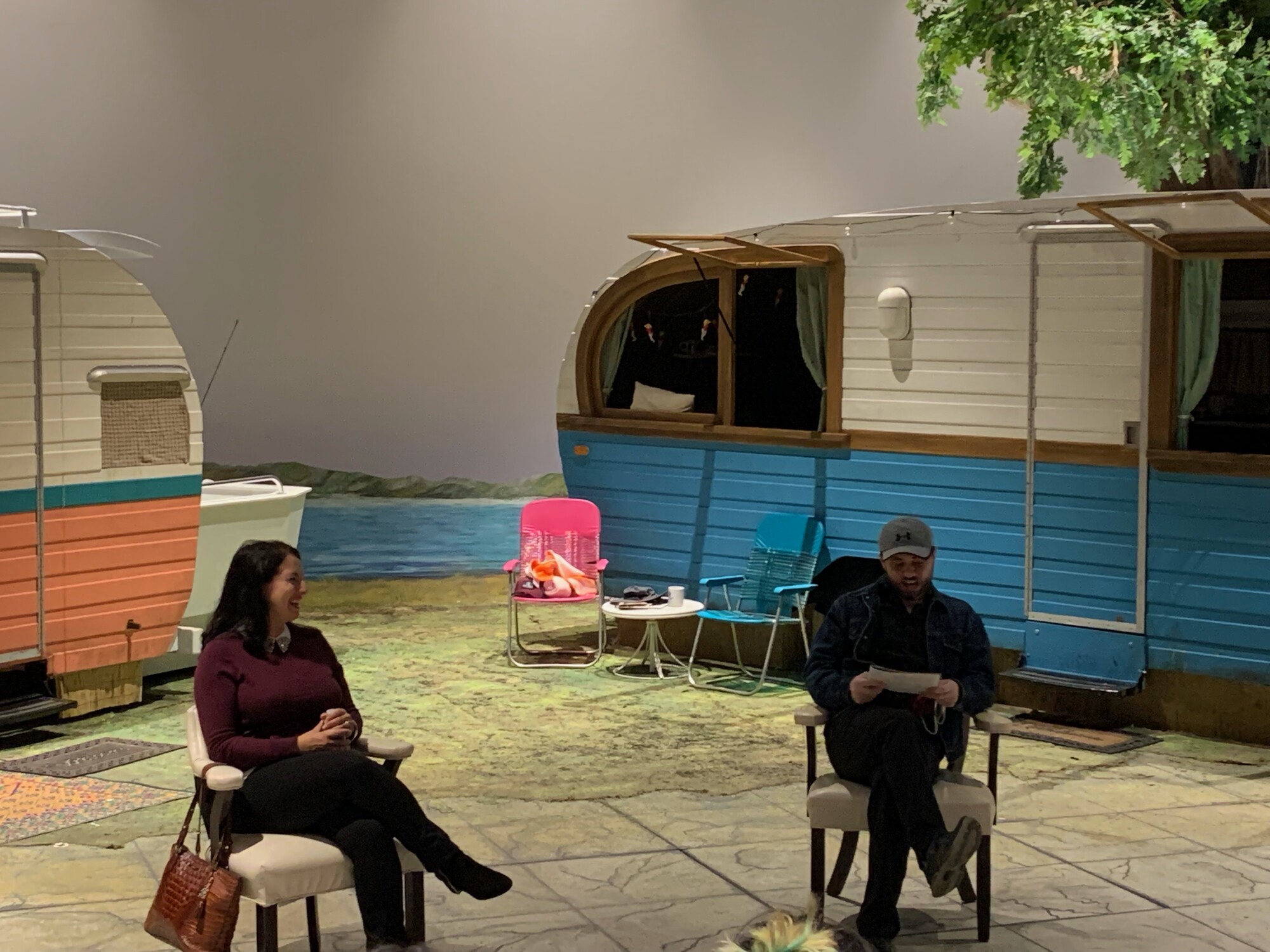
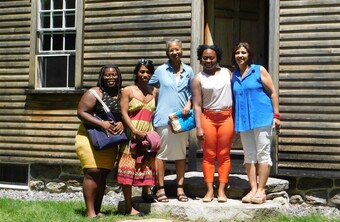

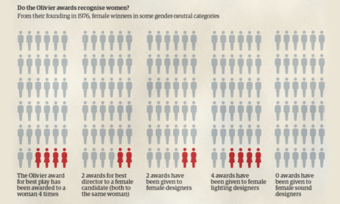

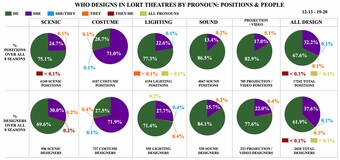

Comments
The article is just the start of the conversation—we want to know what you think about this subject, too! HowlRound is a space for knowledge-sharing, and we welcome spirited, thoughtful, and on-topic dialogue. Find our full comments policy here